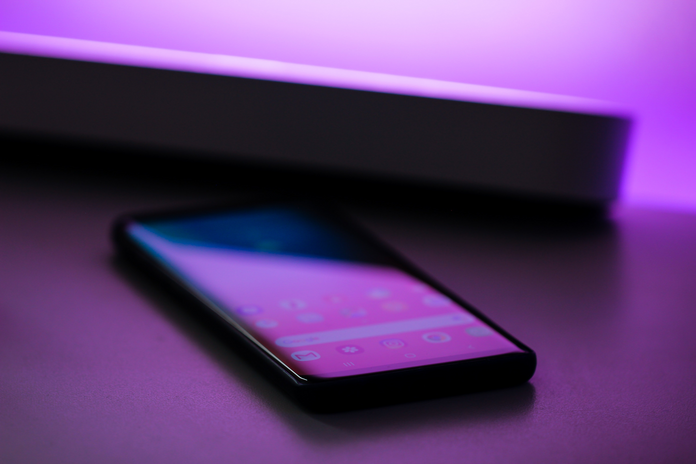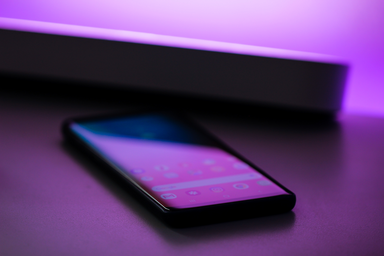“Your screen time was up 13% last week, for an average of 5 hours, 45 minutes a day.” This is the actual notification I got this past Sunday. I thought to myself what could I possibly be doing on my phone for this amount a time a day? What else could I be getting done with all the time wasted? During the midst of a global pandemic, it is so easy to succumb to the endless hours of TikTok scrolling and online shopping despite the number of assignments or studying that needs to be done. Of course, phones have benefits that keep us connected to the world but when is enough, enough? But first, we have to recognize there is obviously constructive screen time such as homework on the computer, using Zoom with professors or classmates, and gaining more knowledge about given topics. That being said, try to pay closer attention when the screen time report comes out to what you are actually using all that time on. Let’s look into the problem a little deeper and give solutions to keep the unnecessary screen time to a minimum.
As mentioned before, it is inevitably easy to scroll on our phones all day during the middle of a pandemic, but many issues arise from this. One issue that occurs is throwing off your sleep cycle. A study done by Sara Thomée, a psychologist at the University of Gothenburg, says, “… the blue light from digital devices suppresses the sleep-promoting hormone melatonin, keeping us from having restful sleep.” [1]. Phones also cause almost all sleep disturbances throughout the night with constant notifications and noises coming from them. To combat these sleep withdrawals, devices should be turned off or put away from your sleeping area at least an hour before bedtime. Another great feature iPhones have is called Do Not Disturb when notifications are silenced for a selected amount of time. That way, you are in control of when you pick up the phone and not the other way around.

Another downfall of the increased screen time is generally called “reward-seeking”. A hormone is our brain called dopamine, often called the “feel-good hormone” which is a part of the brain’s reward center. Every time we see a new post, get a like, or view or purchase something online, the dopamine increases making us happy and excited. The more we fuel this feeling and our dopamine the more we will continuously need it. This is where social media and online shopping addiction comes into play. In order to feel more rewarded, we seek from our phones, the more time we will spend searching for those rewards and feel-good hormones. To resist these urges from our dopamine, there are various ways to withstand them. One way is to pick up a new hobby. That could include reading, biking, hiking, and almost anything you can think of! Another way is to journal about your feelings. Think about why you feel the need to obtain outside satisfaction from either social media or material things and reflect personally on that. Lastly, spend at least an hour or a meal device free with family or roommates. This creates connections and you will most likely have a laugh or two which creates more dopamine outside of your phone!
Lastly, our vision can suffer greatly if screen time is extremely high each day. Computer vision syndrome, “… describes a group of eyes- and vision-related problems that result from prolonged computer, tablet, e-reader, and cell phone use.” [2]. Some common symptoms of this syndrome include eyestrain, headaches, dry eyes, blurred vision, and neck or shoulder pain. Environments such as poor lighting, inaccurate viewing distances, an inappropriate prescription for eyewear, and bad posture can heighten these symptoms as well. To avoid CVS, precautions such as correct sitting posture, proper lighting, regular eye checkups, blue light lenses, and taking frequent breaks will all play in your favor in protecting your eyes.

I’ll be the first to say it’s a daunting feeling when my Sunday screen time notification pops up in the middle of me scrolling through Instagram but that only serves as a motivator for me to reduce that wasted time and channel my energy elsewhere. With these strategies in my palms in only a matter of utilizing them for us to get on our way to making a difference not only within ourselves but for the world too!
Sources:
[1]: https://www.rallyhealth.com/health/unexpected-effects-screen-time
[2]: https://www.aoa.org/healthy-eyes/eye-and-vision-conditions/computer-vision-syndrome?sso=y



